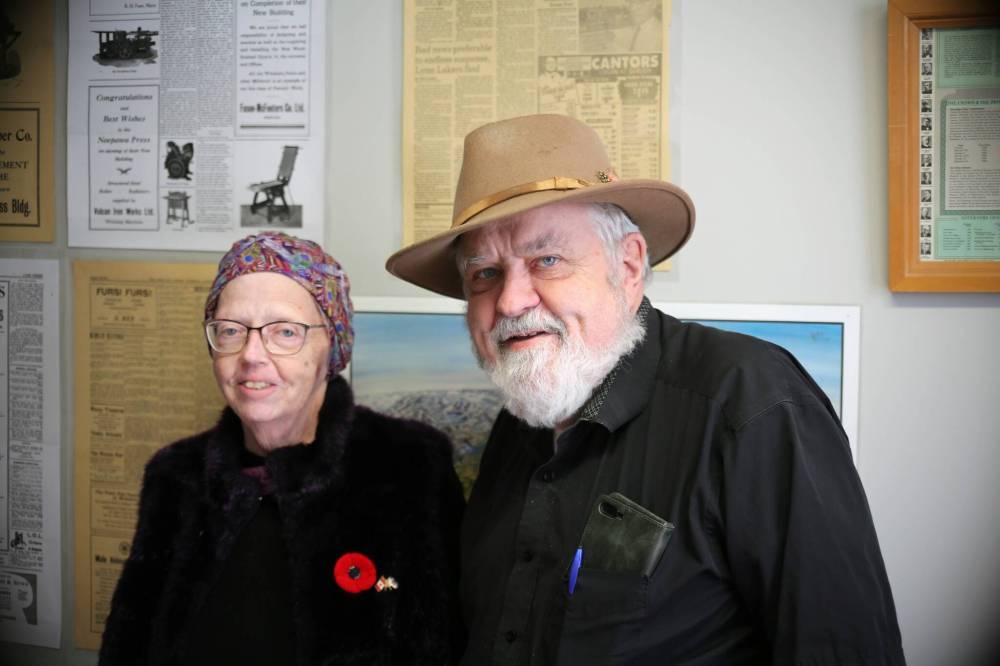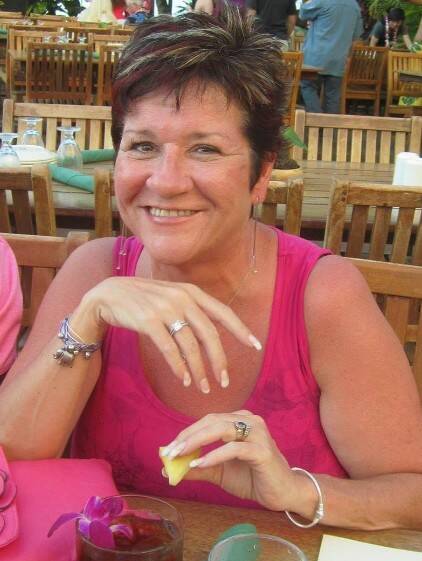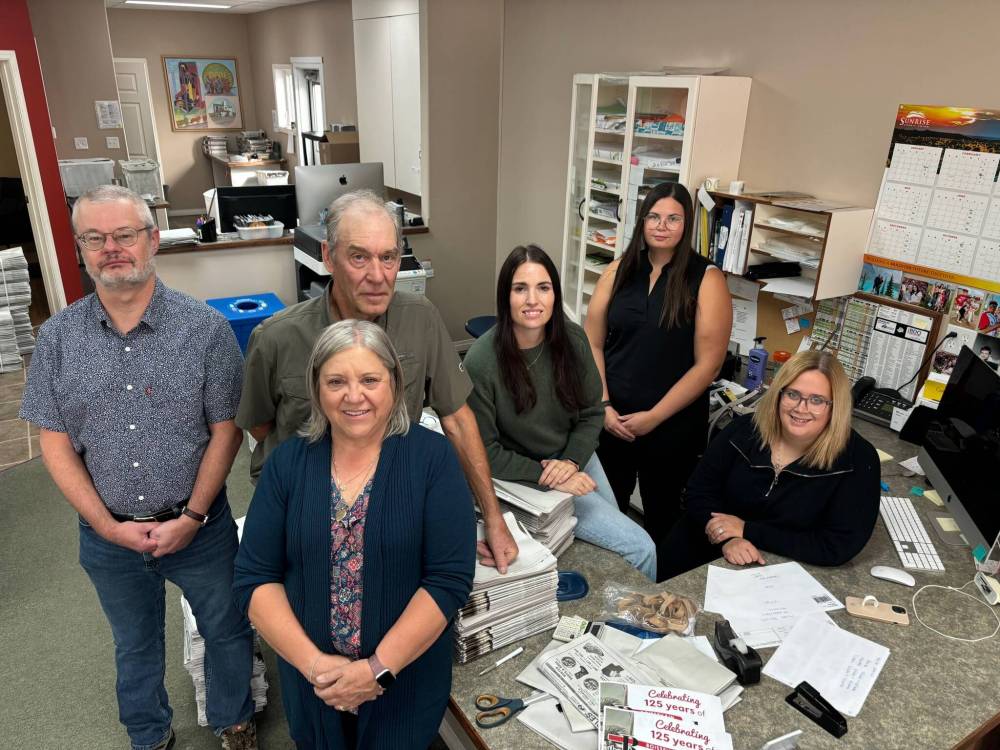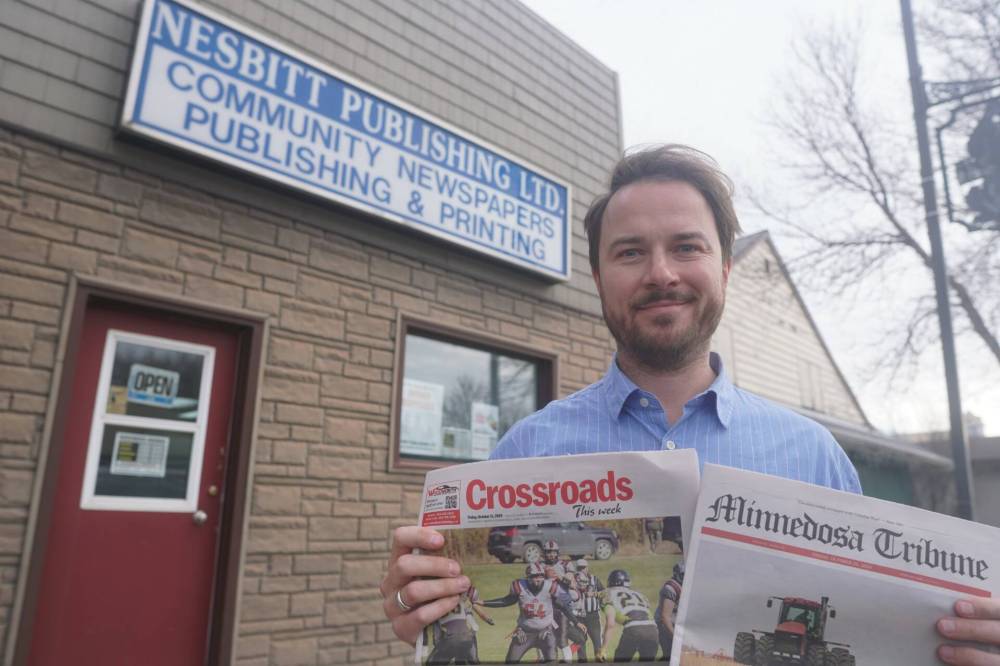Rural papers have a future in Manitoba
Advertisement
Read this article for free:
or
Already have an account? Log in here »
We need your support!
Local journalism needs your support!
As we navigate through unprecedented times, our journalists are working harder than ever to bring you the latest local updates to keep you safe and informed.
Now, more than ever, we need your support.
Starting at $14.99 plus taxes every four weeks you can access your Brandon Sun online and full access to all content as it appears on our website.
Subscribe Nowor call circulation directly at (204) 727-0527.
Your pledge helps to ensure we provide the news that matters most to your community!
Read unlimited articles for free today:
or
Already have an account? Log in here »
NEEPAWA – “In real estate, you hear the words ‘location, location, location,’” says Ken Waddell from his boardroom in Neepawa. “With a newspaper, it doesn’t matter what level of newspaper … it’s local, local, local. That’s what you have to have.”
Waddell runs a community newspaper in Neepawa with his wife Christine. While business is going well for their local paper, the same can’t be said for the entire journalism industry.
Signals of struggle have come repeatedly in the past few years. In 2023, Bell cut 1,300 media jobs across Canada, and Postmedia announced it would lay off 11% of its journalists. This year, the Saltwire chain of more than two dozen local newspapers in Atlantic Canada sold for $1 million and then posted 60 layoffs. The Black Press chain was also sold after reporting a loss of $57.6 million in its last fiscal year.

Christine and Ken Waddell have owned a community newspaper in Neepawa since 1989. Today the Neepawa Banner & Press has a circulation of about 7,200 copies per week. (Connor McDowell/Brandon Sun)
Talking about the struggles of the journalism today, Ken said a common problem is that some papers have forgotten the need to build relationships with their communities. It was a reoccurring answer this month as the Sun spoke with journalists from several local newspapers to hear their opinions on the state of the industry, their careers and the future.
Russell
“The Russell Banner was the place that I did my practicum for journalism,” says Terri Wellwood, editor of the newspaper. “They liked me. And I liked them. They were like my second parents. They taught me a lot, and they had a really, really fun place to work.”
Three decades later, Wellwood is still manning the fort. She said she is the only full-time journalist, down from the team of six the paper had when she started.
“So that’s a tough thing, because you got to work a lot of hours,” said Wellwood. “When I first started, the newspaper industry was good, you know, people had no choice but to advertise with with paper.”
Advertising dollars have trickled out of newspapers, and that means less money to pay staff which means that those who remain end up needing to work long hours to keep the paper going.
“You have to really, really understand the idea that the communities need newspapers,” she said. “Small town editors really have to love the communities that they represent and cover. That’s a big thing, having that in your heart.”
It’s the right approach said Ryan Nesbitt, who publishes a nearby newspaper. However, he says people should be preparing themselves for a return of advertising dollars.
Shoal Lake, Minnedosa and Erickson
“I’m a second generation in the family,” says Nesbitt. “My father Greg was the publisher … for 40 years. I’ve been there now, just over 20.”

Terri Wellwood did her practicum at the Russell Banner. Now, more than 30 years later, she’s become editor of the community newspaper. As the only staff member in the office past lunch, she said she’s working hard to keep the news flowing in the community. (Submitted)
Nesbitt works as a publisher for three papers in Westman: Crossroads This Week, the Minnedosa Tribune and the South Mountain Press. Entering middle-age, he said he recently changed his mind about the future of advertising, after going to a conference on Prince Edward Island.
“If you called me a month ago and you said, ‘What do you think about the future of newspapers?’ I would’ve said, ‘Well our operation is healthy and we’re OK, I think we’ll be here in 10 years. But where do we go from there? I don’t know.’ But I come back from P.E.I. and I have nothing but optimism. I’m 40, and I have nothing but optimism that I will work in a newspaper now, until I am retired and my papers will continue on in the future.
“Looking forward, you know, Google’s involved in a bunch of anti-trust cases, one in the (United) States, which they’re losing, like against the US government. Another one in Canada, which is a private lawsuit, but it’s sort of mirroring that one.
“We had tech speakers out in P.E.I. who spoke about this whole thing and how Google will essentially get broken up, and the internet and as we know it, is going to change. Which is hard to wrap your head around… But a lot of that national advertising is going to come back to our industry. So it’s up to us to be prepared, to give it a reason to come back to us, to be healthy and to be the right choice for it. So I’m optimistic those dollars are going to come back, and that I’m optimistic that the industry will be ready for it this time.
“I think the industry maybe took things for granted in the past.”
Boissevain
Paul Rayner has been at the Boissevain Recorder for 27 years. He said there’s another problem to address in the future: trust.
Journalism has shot itself in the foot, he said. Many journalists wavered on their duty to be objective, and this pushed audiences away.
“It’s the fault of journalists themselves,” said Rayner. “We have a responsibility as journalists to rebuild the public’s trust. They didn’t stop trusting journalism because they felt like it.”

Paul Rayner (left) has been at the Boissevain Recorder for 27 years and is pictured with the staff at the 125th birthday party for the newspaper. The editor Lorraine Houston is in front, with husband and co-owner Les behind her. The rest of the team includes, from left, Anna Workman who does ad sales and production, Tamara Oddleifson in circulation and Amy Jackson in accounts. (Submitted)
He said audiences lost trust in news because biased reporting promoting various narratives started to emerge. That loss of trust helped turn audiences away which hurt profitability.
Community newspapers have not contributed as much to the issue as larger news organizations, Rayner said, because small papers depend on strong ties to their community. He jokes that he’ll see his readers at the grocery store for instance, and that comes with a higher level of accountability to be an honest and fair reporter.
“In a community paper you have to have the trust of the people you deal with,” he said. “They have to trust that what you’re going to do is going to be truthful.”
The Recorder recently expanded its coverage to include Deloraine, Souris and Melita. This was because a corporate chain operating from outside the community had closed several papers in the area.
The fall of corporate newspapers in rural Manitoba is something that another local journalist can’t help but emphasize.
Neepawa
Having been a member of the Neepawa community for more than 50 years, including two terms as mayor, Ken Waddell, and his wife Christine said relationships are key. It’s the make or break for local news, he said.
“We have about 20 fewer papers in Manitoba than we had five to seven years ago,” says Ken. “All but two of those papers were corporately owned.”
His local paper, the Neepawa Banner & Press, has 15 employees, some who have been with the company for more than a decade, and circulation is growing.
It’s not Wall Street, but it’s working.

Ryan Nesbitt is a second generation publisher of a group of newspapers in Westman. Before him, his father Greg had been in the role 40 years. Ryan, pictured outside his office in Shoal Lake, currently works as publisher for the Crossroads This Week, Minnedosa Tribune and the South Mountain Press, local newspapers that cover areas north of Brandon. (Submitted)
Their paper has staying power because of their ties to the community, the married couple said. Whether that’s getting a tip about a story, or having a trusted brand people want to buy ads from, they are connected.
“The biggest problem the newspapers have is that they don’t stay local,” says Ken. “It’s about relationships. For weekly rural newspapers, it’s about your relationship with your community.”
Earlier this year the Waddell’s purchased the Virden Empire Advance from Glacier Media, a corporation out of Vancouver. The only reason they bought it was that they had a local staff who wanted to do it, and ties to the community through Christine’s upbringing in the community.
Walking down the sidewalk, the 76-year-old doesn’t let a person pass without a greeting. His wife Christine says the newspaper must be in good hands before she’ll leave — the same philosophy she had about her dairy farm in 1984.
“I told them that we were not going to walk away from our milk cows, because they would suffer if we didn’t milk them that night… And that’s how I feel about our newspaper,” she says. “The only way I can see not having this paper, is to have someone who is local and passionate to take it over. That’s the only way.”
» cmcdowell@brandonsun.com
